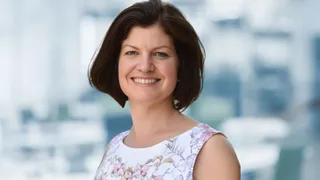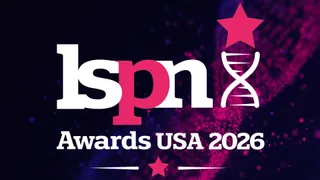Latest News & Features
Refine search
Careers
A former Pinsent Masons partner has joined the firm’s London office, boosting the team’s capabilities in high-value life sciences arrangements. 3 March 2026
Europe
After an overwhelmingly positive Supreme Court ruling for companies working in AI, Rachel Free of CMS outlines the necessary practical steps for patent holders—including enforcement of the ‘black box’ tech, the ruling’s influence on the UPC, and how to manage related applications. 3 March 2026
Americas
Law firms, companies and individuals have been shortlisted across a range of categories, which this year include new awards for excellence in PTAB, trade secrets and medical device work. 2 March 2026
Americas
The companies have agreed to dismiss their long-running patent fight over tumour-informed liquid biopsy technology, closing a high-stakes chapter in the fast-growing MRD testing market—while leaving the door open to future claims. 27 February 2026
Americas
As the US Supreme Court prepares to hear arguments in the Hikma and Amarin dispute, the case has drawn a broad coalition of industry support—including the US government and a co-author of the Hatch-Waxman Act itself. 26 February 2026
Americas
In a decision with implications for biotechnology licensing and pharmaceutical manufacturing, the Ninth Circuit has rejected a ‘sweeping’ royalty trigger from a lower court. 26 February 2026
Americas
The Danish company is contending with fierce competition, a clinical trial setback and a UK boost to its main rival, while making new moves to enforce its weight-loss-drug IP. 25 February 2026
Careers
The New York hire brings broad litigation and transactional experience, including advising clients on artificial intelligence, biotech, pharma and chemical matters. 24 February 2026
Medtech
A new study suggests the equipment already found in hospitals worldwide could offer a front line against fake vaccines and insulin. 23 February 2026
Americas
The German biotech claims the newly approved vaccine infringes its mRNA patent, deepening an already complex feud with billions of dollars at stake. 20 February 2026



